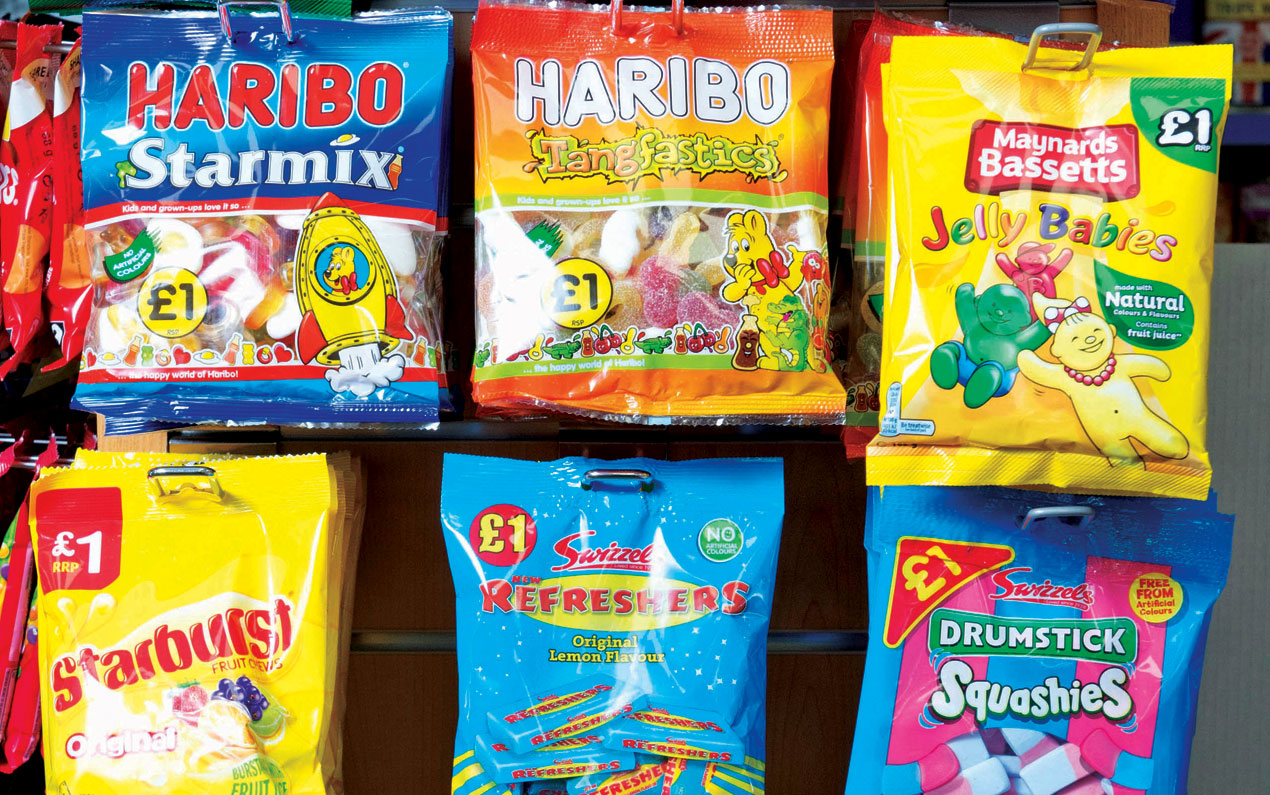Ferhan Ashiq, of Levenhall Village Store in Musselburgh, told Better Retailing PMPs do not provide the best profitability for retailers, despite being told otherwise by suppliers. “You’re always told as a shop owner that you must do PMPs, but it’s a myth,” he said.
“The most frustrating thing is that while suppliers tell us we have a choice about whether to use PMPs, they engineer it so shops cannot get a better margin because the non-PMPs are uncompetitive.
“If a PMP line is 80p wholesale price (WSP) and £1 RRP, the non-PMP version will be 95p WSP.”
Better Retailing examined the claims by comparing the WSP per single unit with the RRP on 80 bestselling confectionery, snack and soft drinks lines from major brands as identified by Better Retailing’s What to Stock guide, when bought from Bestway, Nisa and Booker.
When comparing the difference in margin across the 43 products with comparable PMP and non-PMP varieties, Nisa retailers could make 15.9% more through non-PMPs.
It was followed by Bestway (2.7% across 42 products) and Booker (2.4% across 33 lines).
Overall, non-PMP products had better margins than PMPs across all three wholesalers.
Across the same product range, non-PMPs were on average 31% more expensive from Nisa, 23% more expensive at Booker and 17% more expensive at Bestway.
The average RRPs on non-PMPs were also higher, by 47.2% at Nisa, 23% at Booker and 14% at Bestway.
Pembrokeshire retailer Peter Robinson said he has been making more cash profit selling a single non-PMP than a PMP on promotion.
“On Pepsi, we make 64p on non-PMP stock, but only 39p on PMP or 48p on the sale of two bottles at £1.70.
“In reality, we have to sell twice as many bottles to make the same cash profit if we stock the PMP two-for-one line. If the customer had bought two non-PMPs, we would have made £1.28 instead of 48p,” he said.
Ashiq added he has been removing PMPs across key impulse and alcohol categories, with no “negligible impact” on his sales. “Retailers need to have more confidence in our ability to decide our own pricing, just like multiples do,” he said.
However, West Yorkshire retailer Ken Singh added PMP products still play a key part of his store’s range. He said: “You might be able to get better margins with non-PMPs, but PMPs build trust with customers. We’ve got stores nearby and PMP products give customers trust we’re being competitive.”
All three wholesalers had important lines that were only available in PMP varieties, defeating common supplier claims that stores are given the choice.
A Nisa spokesperson added: “Nisa partners have access to one of the broadest and best-priced ranges in the market. Our offer allows retailers the freedom to set their own prices and only take the lines they want.
“Nisa’s partners understand the importance of measuring margin across a whole basket of products and not on individual items.
“We firmly believe in Nisa’s market-leading offer, our excellent range and strong price position are why more retailers are joining us.”
A Booker spokesperson said: “All market data and information shows that price-marked have a greater rate of sale than non-price-marked.
“However, we understand that customers need a choice for their individual businesses and where ever the supplier offers both PMP and non-PMP, we make both available. It is important to note that it is the supplier that sets the RRP.”
Bestway was unable to comment when asked by Better Retailing.





Comments
This article doesn't have any comments yet, be the first!